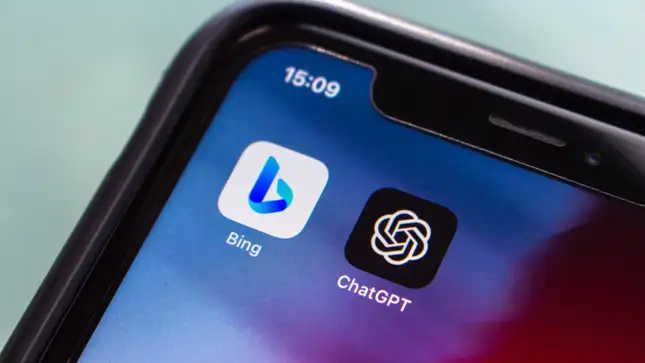
OpenAI’s experiment with allowing ChatGPT to search the web via Bing has been suspended because the feature inadvertently allowed users to bypass paywalls.
First rolled out in May and limited to paying ChatGPT users, OpenAI updated its help page for the “Browse with Bing” feature yesterday to indicate that, as of July 3, ChatGPT is back to not knowing anything about the world after September 2021, the cutoff date for its training data.
“We have learned that the ChatGPT Browse beta can occasionally display content in ways we don’t want. For example, if a user specifically asks for a URL’s full text, it might inadvertently fulfil this request,” said OpenAI’s Michael Schade. “We’ve disabled the Browse with Bing beta feature out of an abundance of caution while we fix this in order to do right by content owners.”
Users of the feature weren’t happy with the news, and took to OpenAI’s forums to register their discontent, with several saying they only paid for ChatGPT Plus for access to the Bing web search feature.
OpenAI hasn’t said anything about how long the ChatGPT web search moratorium will last, or what the feature will look like once it returns. Schade’s statement that ChatGPT inadvertently delivers the full text of a web page may mean that ChatGPT could lose the ability to translate websites – a worry that one user expressed in the forums.
“Let’s say I needed it to read a certain repository or topic on GitHub or some forum where the language is foreign to me, now it can’t? You’ve got to be kidding me,” said ChatGPT user Thiago Ramos. “Now the responses from ChatGPT 4 have worsened. It makes so many mistakes that even the 3.5 outperforms it in several areas,” Ramos opined.
We reached out to OpenAI to ask several questions about the move; the company answered our email, but only to point us to a tweet that said much the same as the updated help page.
There’s more than one way to bypass a paywall, or at least there was
Microsoft’s Bing AI chat bot, itself powered by OpenAI’s ChatGPT, and Google’s Bard both launched in February. The pair differ from ChatGPT in that they’re both able to access the web to pull (supposedly) more up-to-date and relevant information. Both, as users have reported for months, are also able to bypass paywalls – and without requiring a paid subscription to do so.
Whether that’s still the case is unclear; neither Bard’s nor Bing’s recent update notes mention a revamp of the chatbots to limit paywall bypassing capabilities, but sources said both returned negative responses when attempting to get them to do so.
“I am not able to display the full content of articles from [the site you requested] or any other publication that is protected by copyright,” Bing said, instead offering to learn about the topic and report back.
Bard’s response was a bit more terse when asked to provide a copy of a paywalled article: “I’m just a language model, so I can’t help you with that.”
We asked Microsoft and Google for their take on OpenAI’s move, and their position on paywall-busting AIs more generally, but didn’t get a response.